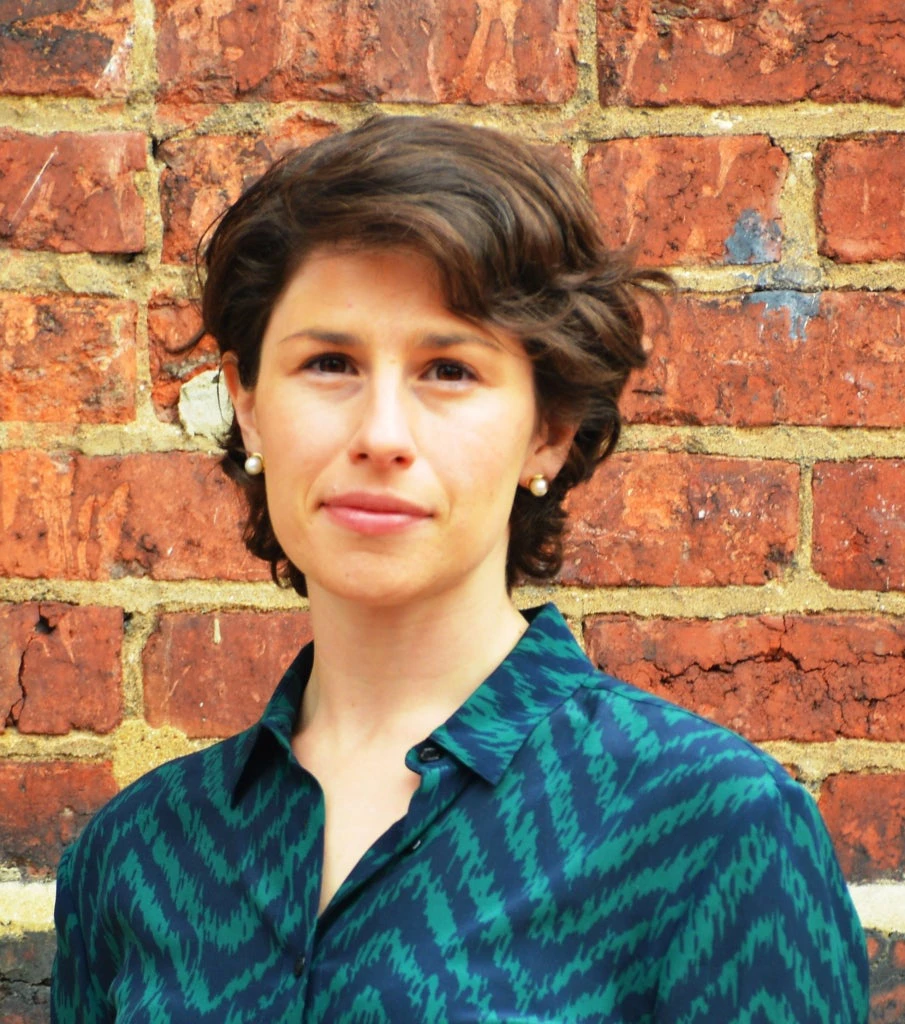
Less well understood, however, is how countries can deliver high-quality early learning services equitably and at scale. How do countries get from a small-scale, well monitored pilot—which is where a lot of our evidence comes from—to a national program, without diluting quality too much or leaving behind the most disadvantaged children? How can countries build a motivated, well-trained workforce that understands and can serve the distinctive developmental needs of children before the primary years? What are effective models to work with private providers?
The Early Learning Partnership (ELP) is embarking on a new research program to generate some answers to these questions. ELP is a multi-donor trust fund at the World Bank which provides analytic and operational support to World Bank teams and client countries who want to invest in early childhood. With support from the UK Department for International Development, we are launching the ELP Systems Research Program, with an initial focus on Ethiopia, Liberia, the Punjab province in Pakistan, and Tanzania.
The goals of the program are ambitious and twofold: first, to help policymakers in the focus countries to make evidence-based decisions to improve and expand early learning services; and second, to contribute to the global evidence base on early learning systems.
We know that generating research that is both policy-relevant and that helps move the frontier of global knowledge is not always easy. But we hope to accomplish both by closely involving government partners and other stakeholders at every stage of the research, by recruiting teams that include both top researchers and top practitioners, and by fostering a community of practice across the focus countries.
Systems research
Systems research is a relatively new field of academic inquiry. It’s still nascent in education and somewhat more established, but still evolving, in health. The field is new enough that it appears not to have a commonly accepted definition. Indeed, there seems to be more agreement about what systems research is not: it is not evaluating the impact of books, teachers, pedagogies, or other “proximate determinants” of learning.
One approach developed by the World Bank is the Systems Approach for Better Education Results- Early Childhood Development module (SABER-ECD). It assesses governments’ progress on three system-level policy goals: establishing an enabling environment, implementing widely, and monitoring and assuring quality.
The ELP Systems Research program seeks to go beyond national policies to understand the implementation of early learning services through a systems lens. In the first stage, research teams selected through a competitive process will conduct a system diagnostic in each country. This will likely include assessing early learning outcomes and service quality for a sample of children and early learning settings, mapping key actors in the system (including non-state providers) and estimating the costs of different models of provision. In the second phase, research teams will study planned or ongoing policy changes, or assess options for governments to address system-level constraints identified through the diagnostic work.
Addressing system-level issues: Improving quality while expanding access in Pakistan
In the Punjab Province of Pakistan, 70 percent of preschool-aged children are not enrolled in any preschool program. Most of those who are enrolled attend informal “Kaatchi classes,” which are generally of very poor quality. Through the recently launched Third Punjab Education Sector Project, the government of Punjab and the World Bank are working together to achieve ambitious goals to massively increase preprimary enrollment, while also improving quality.
With World Bank support, the government plans to develop 7,000 new preprimary classrooms, serving 210,000 children. Thousands of new preschool teachers will need to be trained. The project includes a number of innovative features, including a results-based financing model, a pilot project that involves health and nutrition workers in schools, and a parent engagement strategy.
In this context, the Systems Research program will be a critical effort to help policymakers identify effective (and cost-effective) solutions. Changes in school financing, teacher training, infrastructure, and parent and community perceptions may all be ingredients to a successful approach—but what are the right interventions, and how should they be sequenced? With the government’s close engagement throughout, the research team will identify approaches that can be scaled within the government system and evaluate what is working.
What’s next?
The selection process for the first stage of the program is now underway, and we look forward to engaging with researchers and practitioners to help develop this exciting new field. Above all, we hope the program will help countries deliver better early learning experiences for their youngest citizens. You can learn more about ELP Systems Research by visiting the program webpage, or contacting us at elpsystems@worldbank.org.



Join the Conversation